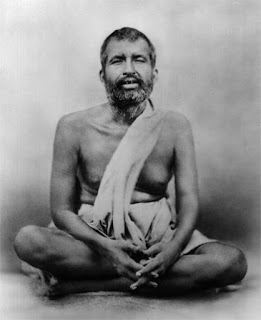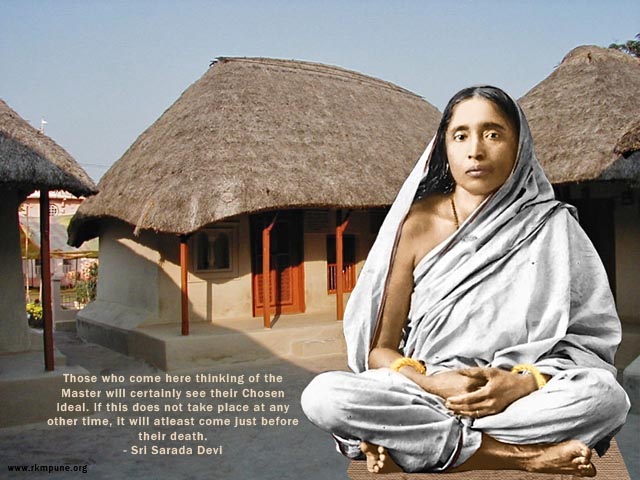 |
Sister and Brother Photo by Amr Elmasry on Unsplash
|
The Digital World - a new dimension
Internet forums, new websites, blogs and social networking sites prompt their users to freely express
 their views. Sitting in a corner of the world one can by clicking on a button, affect, for better or worse, the personal and social lives of individuals living thousands kilometers away. Web-businesses too are built and dismantled by the power of these like-dislike expressions. Every moment thousands of people across the world use these icons to express their opinion on all kinds of content and issues.
their views. Sitting in a corner of the world one can by clicking on a button, affect, for better or worse, the personal and social lives of individuals living thousands kilometers away. Web-businesses too are built and dismantled by the power of these like-dislike expressions. Every moment thousands of people across the world use these icons to express their opinion on all kinds of content and issues.
Truly, likes and dislikes are the wheels of our lives.
Over time repeated likes and dislikes deepen into strong attachment and aversion which prevents sane judgement. Attachment is that which follows the experience of pleasure. And aversion is that which follows the experience of pain. Each of us has attachments and aversions accumulated as cultural attachments over our many lives and also acquired in the present life.
Attachment and aversion of the sense organs, for their respective sense objects are natural; let none come under their sway; they are one's highway robbers.
Flowing by their very nature toward the sense objects, the turbulent senses rob us of our powers of discrimination. Hence we identify ourselves with body and experience the fruit of action.
The Analogy of Fish Basket
 |
| Sri Ramakrishna |
The story of the fisher-woman narrated by Sri Ramakrishna explains the power of the senses. Once a fisher-woman was a guest of a flower seller. She came there with her empty basket, after selling fish in the market, and was asked to sleep in a room where flowers were kept. But, because of the fragrance of the flowers, she could not get to sleep for a long time. Her hostess saw her condition and asked for the reason of her restlessness. The fisher-woman said,
I don't know, friend. Perhaps the smell of the flowers has been disturbing my sleep. Can you give me my fish-basket? Perhaps that will put me to sleep.
The basket was brought to her. She sprinkled water on it and set it near her nose. Then she fell sound asleep and snored all night.
We all have our own cherished fish-baskets. It may be our attachment for a person, a thing or an idea which prevents us from appreciating the fragrance of divinity ever present within us. It is only when we see the fish-basket for what it is, that we begin our spiritual journey. The attempt to break free from the bondage of likes and dislikes is the preliminary step in one's spiritual journey.
Some Methodologies to overcome the likes and dislikes paradox
To overcome attachment to the ephemeral world, scriptures and saints advise us to give such attachment a higher turn by cultivating a love for moral and spiritual values and activities.
Detachment
One of the prescribed methods is to detach ourselves at will from our sense experiences. To detach is to abstain, now and then, from the sense objects that strongly attract us. Traditional religious vows and worship are designed to help us in attaining such a detachment.
Mindfulness
Mindfulness or keeping a constant alert watch over the cravings of the senses and the workings of our pet ideas is another simple and effective way.
Understanding Real Worth
The process of discriminating and realizing the real worth of sense experiences is one more powerful practice.
Sri Ramakrishna says,
Once I had the desire to put on a gold-embroidered robe, wear a ring on my finger and smoke a hubble-bubble with a long pipe. Mathur Babu procured all these things for me. I wore the gold-embroidered robe and said to myself after a while. 'Mind! This is what is called gold-embroidered robe'. Then I took it off and throw it away. I could not stand the robe any more. Again I said to myself, 'Mind! This is called a shawl, and this is ring and this smoking a hubble-bubble with a long pipe.' I threw those things away once for all and the desire to experience them never arose in my mind again.
Prayer and Japa
 |
| Sri Sarada Devi |
Holy Mother Sri Sarada Devi often advised devotees to be engaged in prayer and japa. Repeating the Lord's name subdues the outgoing tendency of the senses and purifies the mind. Such a purified mind is then drawn to the Lord.
Sri Ramakrishna declares that we can realize God when we direct towards Him, the combined force of three attractions:
- the mother's attraction towards her child
- the chaste wife's attraction towards her husband
- the worldly man's attraction towards worldly possessions
Conclusion
The purpose of life is to go within and realize the Supreme Self. But anger and hatred or attachments and aversions keep us entangled with the outer world and rob us of equanimity. The challenge is to remain unaffected and give them a God-ward turn.











No comments:
Post a Comment